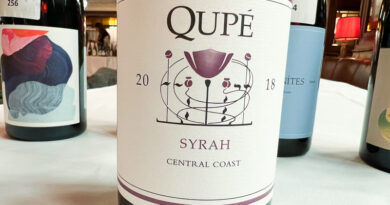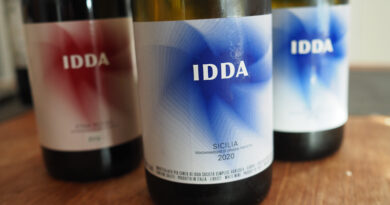The birdwatcher’s jizz, and its relevance to wine tasting
Back in 1921, Thomas A. Coward, an ornithologist, introduced a new term to the bird watching world: jizz.
Coward had come across the term from a west-coast Irishman, who knew the wildlife on his shores very well. ‘How do you recognize them?’ asked Coward. ‘By their jizz,’ was the response, although he says he wasn’t sure of the spelling.
The birdwatcher’s jizz is the ability to recognize a bird almost immediately, by a combination of its features. In a chapter in his 1922 book Bird Haunts and Nature Memories, Coward described this as ‘character rather than characteristics, the tout ensemble of the subject.’
I am not an expert on birding (although I’m very fond of raptors and corvids), so I have to take this on trust: the more you know about birds, the more you can recognize a bird almost instinctively, without having thought about the identification process, and without even getting a really good look at it.
I think something similar can happen with wine tasting. You can have expertise in recognising a wine that’s almost automatic.
“If we are walking on the road and see, far ahead, someone whom we recognise although we can neither distinguish features nor particular clothes, we may be certain that we are not mistaken; there is something in the carriage, the walk, the general appearance which is familiar; it is, in fact, the individual’s jizz.”
Thomas Coward, 1922, Bird Haunts and Nature Memories
Often blind tasters have a structured approach to a wine, interrogating it step by step in a bid to deduce its identity. This is all very well. But sometimes I try a wine blind and I just know what it is, without even being able to explain why.
The other night I was blinded with three wines. Two I got almost immediately (a Cabernet Franc from the Loire and an older red Burgundy). This was pure jizz. The third I didn’t get very close to (I mistook an Aglianico for a Tuscan: no jizz there).
I really think that with blind tasting, you can over-think things. Go with your first impression. It’s an inexact science: by all means think around and use a structured approach if nothing comes to mind immediately. But if something does come to mind, run with it.




